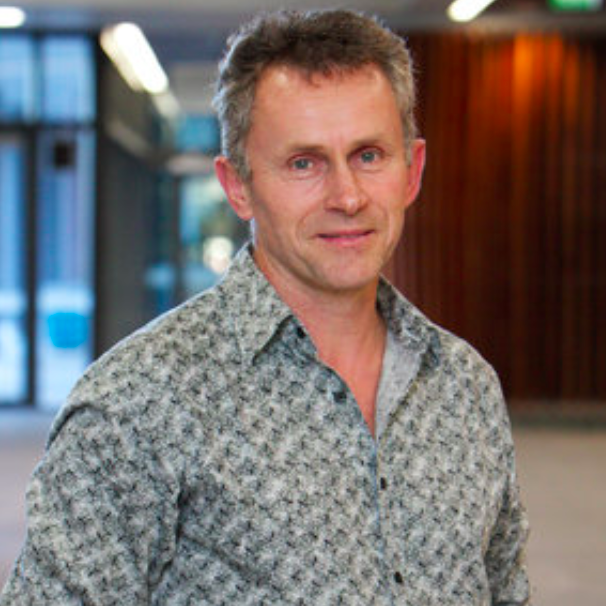Assoc Dean of Research and Professor in Reproductive Science, Obstetrics and Gynaecology
The University of Auckland, School of Medicine. View profile HERE
Contact:
a.shelling@auckland.ac.nz
Professor Shelling is head of the Medical Genetics Group. His research is primarily interested in understanding the molecular changes that occur during the development of genetic disorders, focusing on breast and ovarian cancer, and reproductive disorders. An understanding of the important changes will eventually provide an opportunity to improve the early detection of disease, and to target more effective treatment.
Andrew is extensively involved in teaching reproduction, genetics and cancer at the University of Auckland.
Andrew began at Otago University with a degree in Physical Education, and BSc (Hons) and PhD in Biochemistry. He was awarded the Nuffield Medical Fellowship in 1992, and spent three years in Oxford, UK, studying the genetics of ovarian cancer, before being appointed to Auckland University as a Lecturer. Andrew has served as Deputy Head of Department of Obstetrics and Gynaecology, President of the New Zealand branch of the Human Genetics Society of Australasia, Deputy-Chairperson of the Advisory Committee for Assisted Reproductive Technologies and as Associate Editor for the Human Reproduction journal. He is currently Director of the Bachelor of Medical Sciences Honours programme, on the Editorial Board for the Human Fertility journal and is a Trustee for the Nurture Foundation for Reproductive Research.
Andrew has been the Associate Dean (Research) at the Faculty of Medical and Health Sciences since 2013.
Andrew has worked in one the world’s leading research laboratories in Oxford, at the Institute of Molecular Medicine, on the genetics of ovarian cancer. During his three years in Oxford, he was able to experience scientific research at the highest level, and to teach medical students at the prestigious Christ Church College, Oxford University, before returning back to Auckland to establish his own research laboratory,
Andrew has served as Deputy Head of Department of Obstetrics and Gynaecology (2001-2013), President of the New Zealand branch of the Human Genetics Society of Australasia (2002-2004), Deputy-Chairperson of the Advisory Committee for Assisted Reproductive Technologies (2006-2012), Director of the Bachelor of Medical Sciences Honours programme (2008-2016) and as Associate Editor for the Human Reproduction journal (2004-2013). Andrew is currently the Associate Dean (Research), Associate Dean (Performance Based Research Fund), on the Editorial Board for the Human Fertility journal and the Clinical Genetics journal, and is a Trustee for the Nurture Foundation for Reproductive Research.
Andrew completed his PhD in 1992 at the University of Otago. His research for this focused on the development of viral vectors for use in gene therapy.
In 1992 he received the prestigious Nuffield Medical Fellowship to study at the Institute of Molecular Medicine at Oxford for three years, where he worked on the genetics of ovarian cancer. During this time he also taught at Christ Church College, Oxford.
In 1995 he returned to New Zealand to take up his current position at the University of Auckland.

